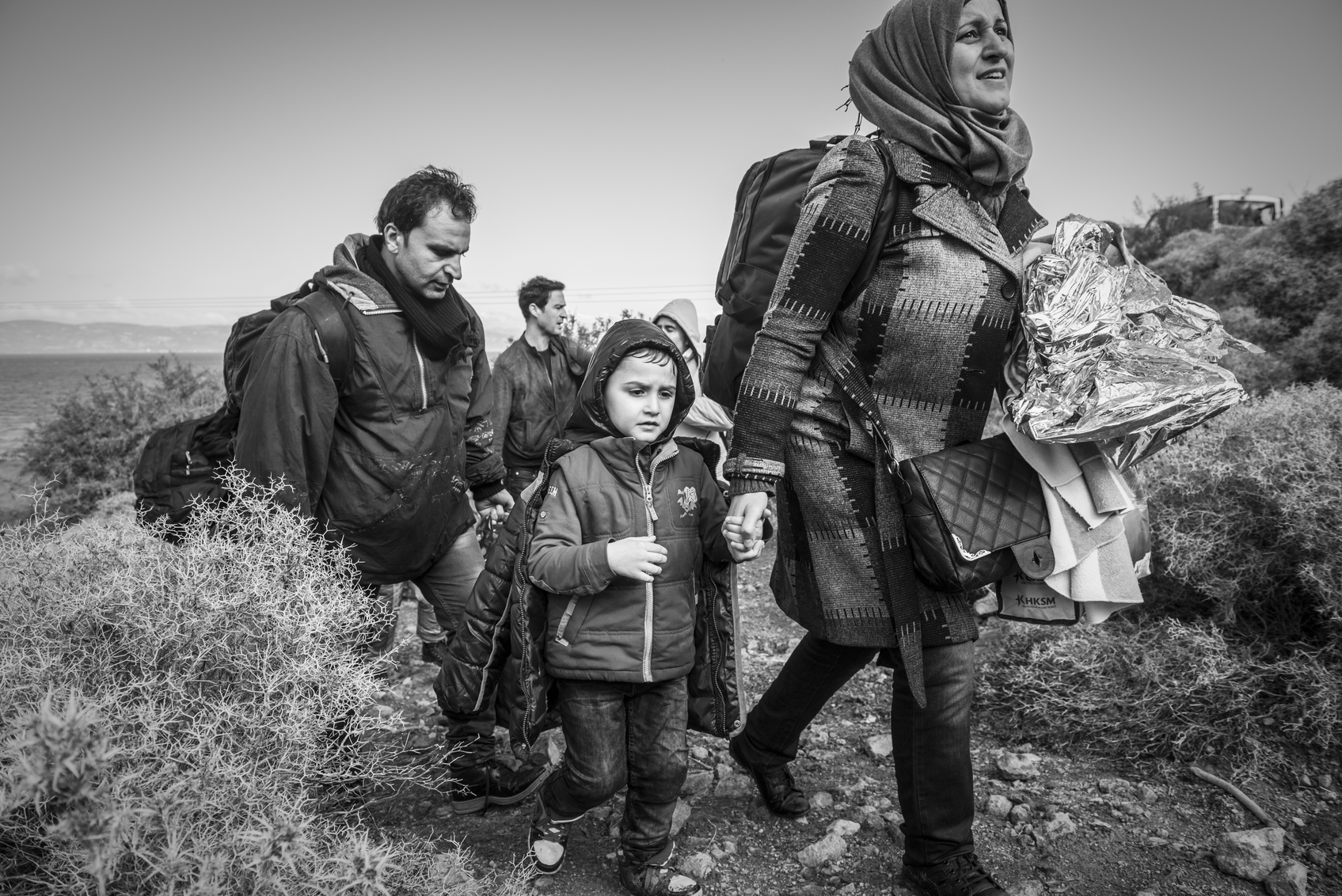When is Hope Good and When is It Bad?
The Ethics of Hope

Principal Investigators
Miriam McCormick
Associate Professor of Philosophy and Philosophy, Politics, Economics and Law (PPEL)
University of Richmond
Description
History and literature are filled with examples of people in horrific, desperate situations where having hope seemed essential for their survival. And yet, holding on to “false hope” can be devastating and can also condone inaction, where hoping for a change replaces working for that change. It also can seem that finding hope in a hopeless situation must be irrational. Is the choice between rational despair and irrational hope? I don’t think so; there are times when hope is rational but it is not always so. I will write three papers related to the topic.
The first paper, “Rational Hope” directly addresses the question of how to distinguish rational from irrational hope. Beliefs, assumptions, acceptances, imaginings, and hopes are all different ways of regarding propositions as true. It makes no sense to talk about some of these “holding true” attitudes being justified or rational, such as what is held true in the context of imaginative play. But what about hope? Is hope even open to rational assessment and evaluation, in a way that beliefs clearly are? I argue that it is because it makes sense to justify one’s hopes and one can alter this attitude in response to reasons. Just as one can be criticized for inappropriate anger, one can be criticized for inappropriate hope.
The second paper, “What belief is needed for hope?” will engage more directly with the relationship between these two states and also further distinguish hoping from fantasizing. One cannot hope for what one believes impossible; I cannot, for example hope to be able to fly unassisted, though I can fantasize about it. But as long as I believe it possible (however unlikely) I can still hope for it. This clearly shows that there is an important difference between hope and optimism. Optimism in the face of countervailing evidence requires self-deception in a way that hope does not.
The third paper, “The ethics of offering hope” will center on a topic that is mostly neglected in the philosophical literature on hope. When questions concerning how and when to offer hope are discussed, it tends take up these question entirely within the framework of bioethics. I see these questions as extending beyond the medical domain and into our interpersonal relationships more generally. What is the best way to respond to someone who has given up hope? The credible message of hope is one that recognizes the position of the hopeless (or hope challenged) person and thinks about what is a likely or reasonable thing to positively anticipate for that person. All credible messages of hope are hard won. At a minimum they require the cultivation of real empathy.
Principal Investigators
Description
History and literature are filled with examples of people in horrific, desperate situations where having hope seemed essential for their survival. And yet, holding on to “false hope” can be devastating and can also condone inaction, where hoping for a change replaces working for that change. It also can seem that finding hope in a hopeless situation must be irrational. Is the choice between rational despair and irrational hope? I don’t think so; there are times when hope is rational but it is not always so. I will write three papers related to the topic.
The first paper, “Rational Hope” directly addresses the question of how to distinguish rational from irrational hope. Beliefs, assumptions, acceptances, imaginings, and hopes are all different ways of regarding propositions as true. It makes no sense to talk about some of these “holding true” attitudes being justified or rational, such as what is held true in the context of imaginative play. But what about hope? Is hope even open to rational assessment and evaluation, in a way that beliefs clearly are? I argue that it is because it makes sense to justify one’s hopes and one can alter this attitude in response to reasons. Just as one can be criticized for inappropriate anger, one can be criticized for inappropriate hope.
The second paper, “What belief is needed for hope?” will engage more directly with the relationship between these two states and also further distinguish hoping from fantasizing. One cannot hope for what one believes impossible; I cannot, for example hope to be able to fly unassisted, though I can fantasize about it. But as long as I believe it possible (however unlikely) I can still hope for it. This clearly shows that there is an important difference between hope and optimism. Optimism in the face of countervailing evidence requires self-deception in a way that hope does not.
The third paper, “The ethics of offering hope” will center on a topic that is mostly neglected in the philosophical literature on hope. When questions concerning how and when to offer hope are discussed, it tends take up these question entirely within the framework of bioethics. I see these questions as extending beyond the medical domain and into our interpersonal relationships more generally. What is the best way to respond to someone who has given up hope? The credible message of hope is one that recognizes the position of the hopeless (or hope challenged) person and thinks about what is a likely or reasonable thing to positively anticipate for that person. All credible messages of hope are hard won. At a minimum they require the cultivation of real empathy.

